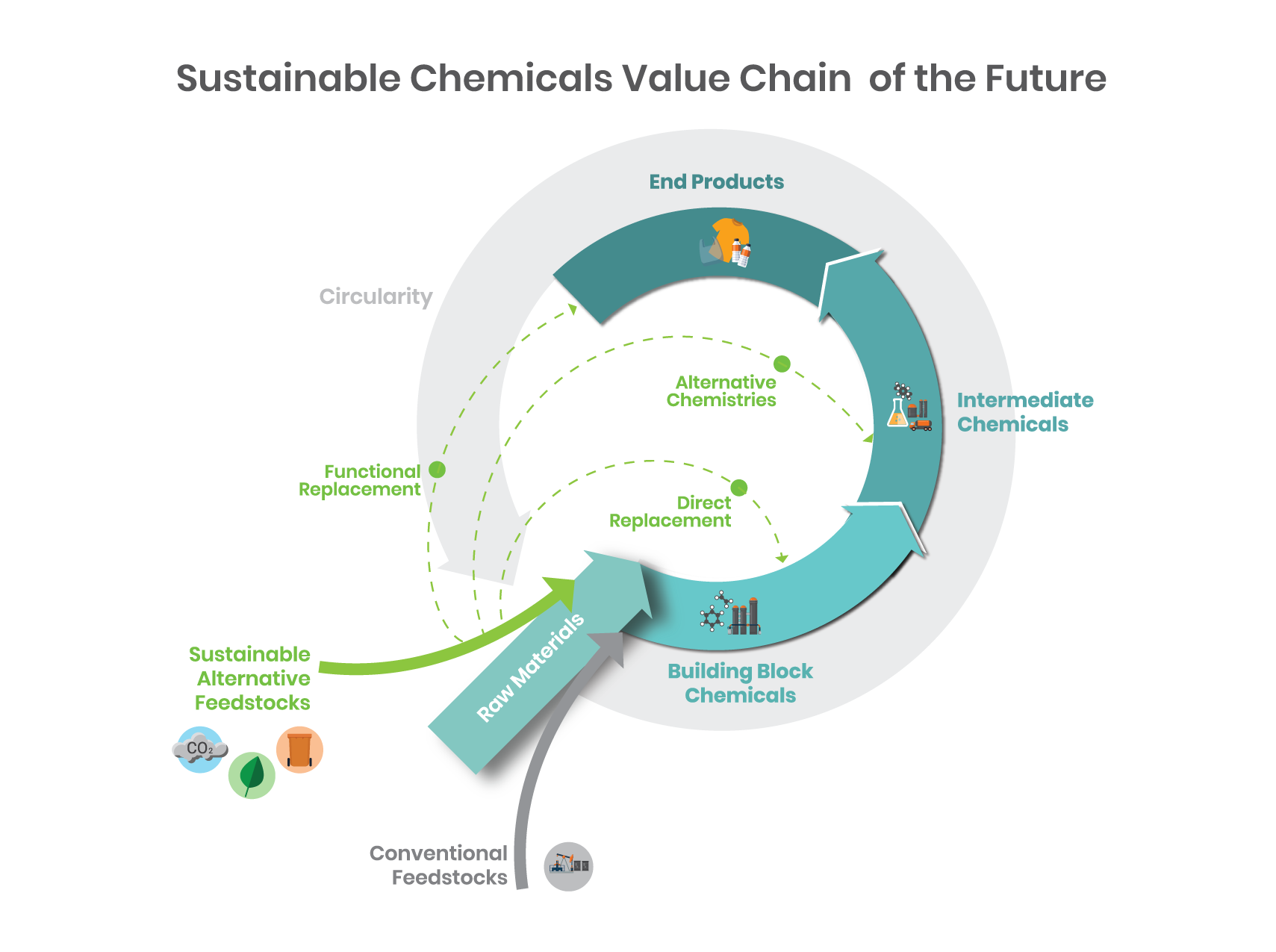Explore the Wide Range of Chemical Products for Industrial and Commercial Use
Key Factors To Consider for Selecting the Right Chemical Products to Accomplish Efficient Integrated Solutions in Your Procedures
Choosing the appropriate chemical items for incorporated services in procedures requires a diverse strategy that includes various vital factors to consider. From evaluating chemical compatibility to ensuring adherence to regulative requirements, each element plays a critical function in maximizing functional effectiveness and safety and security.
Recognizing Chemical Compatibility

To examine compatibility, one should take into consideration elements such as the chemical residential properties of the substances entailed, consisting of pH, concentration, temperature level, and the existence of impurities. Making use of compatibility charts and data sources can supply valuable insights right into prospective communications. Furthermore, performing small examinations can help determine unexpected reactions that might not be recorded.
Aspects such as humidity, light exposure, and temperature level can influence the security and reactivity of chemical products. By focusing on chemical compatibility throughout the selection procedure, organizations can boost operational performance, decrease the threat of mishaps, and ensure conformity with safety procedures.
Assessing Governing Conformity
In the complicated landscape of chemical item choice, assessing governing compliance is extremely important to ensuring not just security yet also lawful adherence. Organizations must browse a myriad of regulations, from local and national legislations to international requirements, that control the use, storage space, and disposal of chemical substances. This needs a detailed understanding of applicable laws such as the Occupational Security and Wellness Administration (OSHA) requirements, the Environmental Protection Agency (EPA) guidelines, and the European Union's Registration, Assessment, Authorisation and Constraint of Chemicals (REACH)
When picking chemical items, it is important to verify that vendors give Safety and security Information Sheets (SDS) that information possible threats and handling requirements. Businesses must confirm that the chemicals conform with industry-specific policies, which might enforce additional specifications. Non-compliance can cause severe fines, including fines and functional shutdowns.
Furthermore, companies ought to remain upgraded on regulatory adjustments, as non-compliance can occur from obsolete methods. Creating a robust compliance approach, including normal audits and worker training, can aid guarantee adherence to existing policies. Eventually, focusing on regulatory compliance not only alleviates threat but likewise improves the company's credibility and functional efficiency.
Assessing Environmental Effect
How can companies efficiently examine the ecological impact of chemical items throughout the choice process? Organizations should start by determining official site the potential dangers linked with each chemical, including poisoning, determination in the environment, and bioaccumulation capacity.
Additionally, organizations can utilize third-party accreditations and eco-labels that suggest conformity with environmental criteria - Chemical Products. Engaging with vendors that prioritize sustainability methods can additionally enhance the choice procedure. It is critical to assess not only the straight results of chemical usage but also the indirect effects, such as power intake and waste generation
Implementing life cycle evaluation (LCA) techniques can provide thorough understandings right into the ecological impact of chemical items, highlighting locations for renovation. By focusing on openness and cooperation with stakeholders, organizations can make informed decisions that line up with their sustainability objectives while decreasing adverse environmental outcomes. This proactive approach ultimately fosters a much more accountable and eco-conscious operational framework.
Evaluating Cost-Effectiveness
While evaluating chemical items for functional use, organizations must also consider cost-effectiveness as an important consider the selection procedure. This entails examining not only the initial acquisition rate however also click to read the overall cost of possession, which consists of elements such as use effectiveness, maintenance, and disposal prices. Chemical Products. A product that appears economical upfront may sustain higher prices in energy intake or need even more constant replacement, inevitably affecting the lower line
Furthermore, organizations must assess the possibility for expense savings via enhanced formulations that improve efficiency and decrease waste. Items that need reduced application rates or use faster handling times can lead to significant cost savings over time. It is likewise important to consider the impact of regulative compliance costs, as non-compliance can lead to penalties and raised functional expenses.
Additionally, organizations need to evaluate the lasting worth acquired from the chemical items, consisting of boosted high quality, boosted productivity, go to this website and enhanced safety. An extensive cost-effectiveness analysis encourages companies to make educated decisions that align with both their monetary goals and operational purposes, eventually causing sustainable and efficient techniques.
Identifying Distributor Reliability
Supplier integrity is vital when selecting chemical items for operations, as it straight influences both product top quality and functional effectiveness. A trusted vendor regularly supplies top notch items in a timely manner, guaranteeing that your procedures remain uninterrupted. To identify supplier dependability, start by assessing their credibility within the sector. Seek reviews, testimonies, and study that highlight their efficiency and consumer satisfaction degrees.
Next, consider the supplier's background of conformity with guidelines and requirements. A reliable supplier needs to have a durable top quality assurance program that adheres to industry standards. Furthermore, assess their capability to supply technical assistance and item details, which is important for educated decision-making.

Verdict
To conclude, choosing the suitable chemical items for integrated options necessitates a thorough assessment of numerous vital variables. Comprehending chemical compatibility, ensuring regulative conformity, assessing environmental effects, analyzing cost-effectiveness, and identifying reputable suppliers collectively add to notified decision-making. Such a strategy not only enhances operational effectiveness and security yet likewise minimizes possible threats. Focusing on these factors to consider can lead to more sustainable and effective operational techniques in numerous industries.